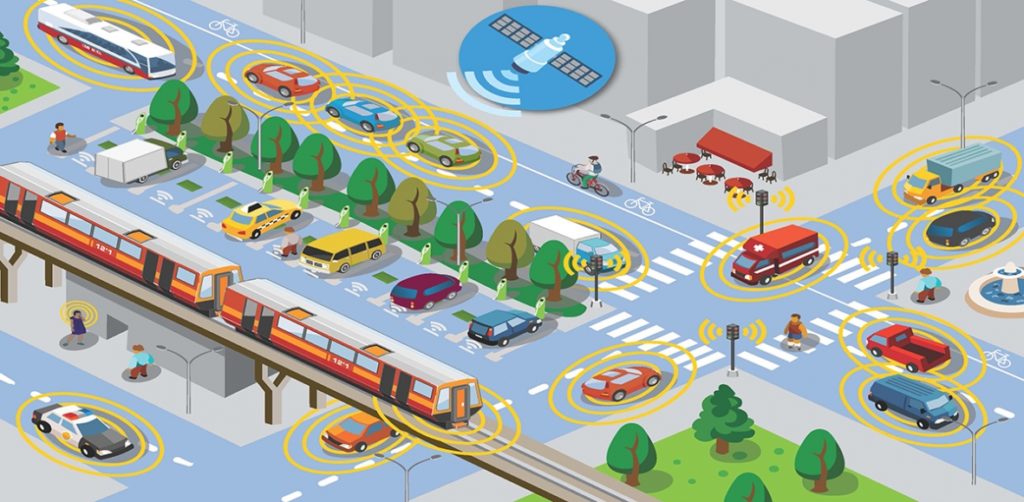
The specific winners are:
- Rensselaer Polytechnic Institute (Troy, New York), which will receive $2 million to evaluate changes in freight demand patterns that reduce energy use, incorporate energy efficient technologies and practices into freight logistics, and publish lessons learned.
- Pecan Street Inc. (Austin, Texas), which will receive $1 million to pilot “last mile” electric bus services. The project includes a feasibility assessment of new technologies such as autonomous and semi-autonomous vehicles and dynamic app-driven re-routing.
- City of Seattle Department of Transportation (Seattle, Washington), which will receive $1.9 million to accelerate the use of EVs in shared mobility applications in four major U.S. markets and establish best practices for all U.S. metro regions.
In addition, two community partner projects focusing on alternative fuels will also receive funding:
- Center for Transportation and the Environment (Atlanta, Georgia) and its partners will receive $4.6 million to accelerate the deployment of alternative fuel vehicles and infrastructure throughout the southeastern United States.
- Metropolitan Energy Center, Inc. (Kansas City, Missouri) and its partners will receive $3.8 million to accelerate the deployment of alternative fuel vehicles, as well as supporting infrastructure, through community-based partnerships throughout Missouri, Kansas, and Colorado.
One of the Vehicle Technologies Office’s areas of focus is energy efficient mobility systems. Energy efficient mobility systems includes efforts to identify and support technologies and innovations that “encourage a maximum-mobility, minimum-energy future in which transportation systems may be automated, connected, electric, and/or shared (ACES).”
According to independent third-party evaluations of the DOE’s Office of Energy Efficiency & Renewable Energy’s R&D portfolio that has been evaluated to date, taxpayer investment of $12 billion has yielded an estimated net economic benefit of more than $230 billion, with an overall annual return on investment of more than 20 percent.
I invite you to view my other posts and sign up to receive future posts via email. I also invite you to follow me on LinkedIn and Twitter, and to contact me via my homepage.
